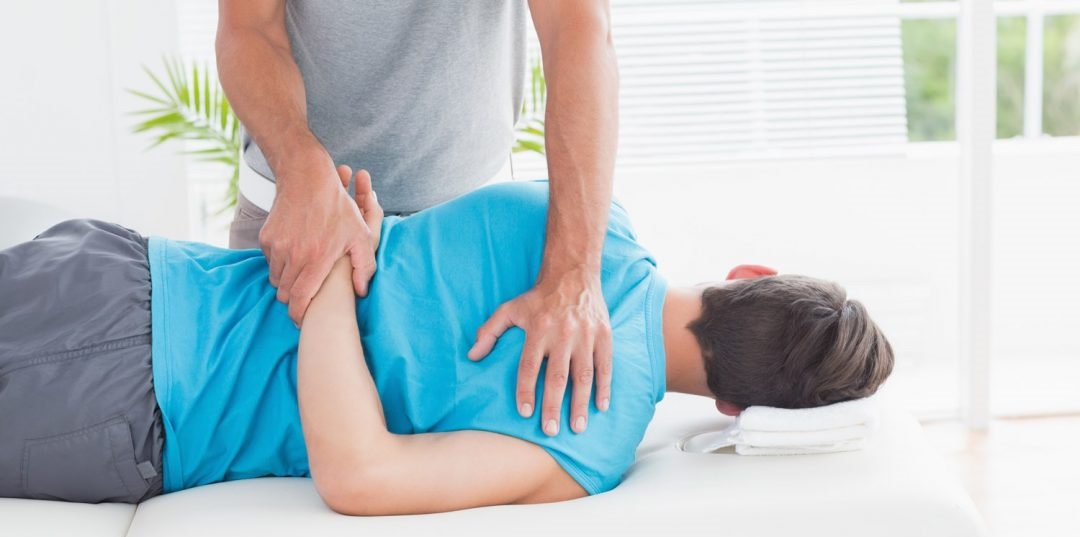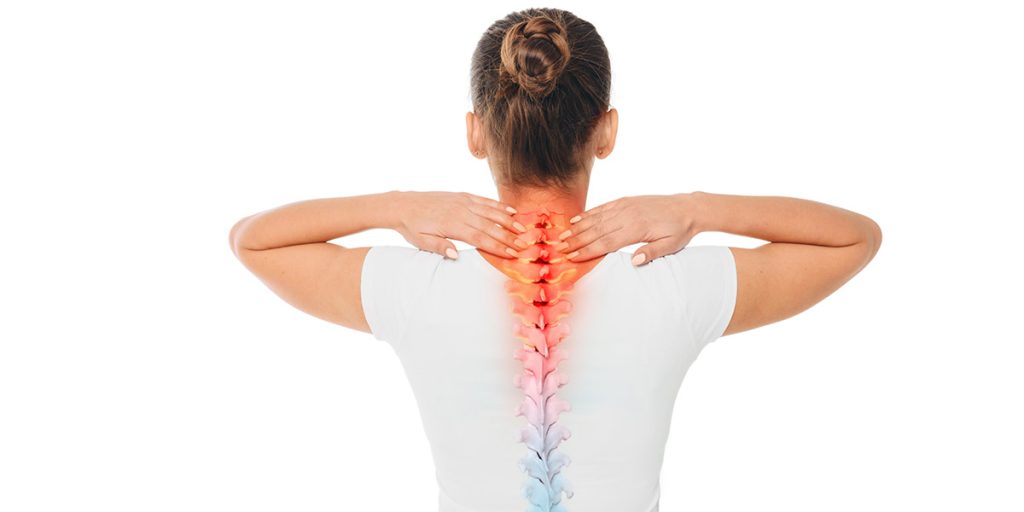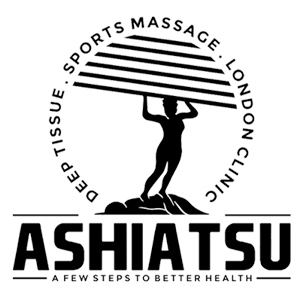Stress has physical effects on the body, like mood swings, headaches, and weight changes. But people often forget that stress can cause pain in the neck and back. Repeated stressful situations can cause musculoskeletal disorders in certain parts of the body.
When we are under stress, our bodies release hormones. Adrenaline is linked to the ancient “fight or flight” response, which raises our blood pressure, increases blood flow, and tightness and spasms the muscles around our spine if we need to run away from a stressful situation. The stress hormone cortisol is known to mess up several functions. Cortisol levels that are too high can cause muscle loss and fat accumulation.
A tight feeling in the neck:
Due to its closeness to the head, stress that causes strain in the neck can lead to headaches and muscle pain. If your neck is stiff for a long time, you may also feel tired, sad, or irritable.
Also, lousy posture, like slouching over your desk or squinting to see a computer or smartphone, makes the neck muscles work too hard.
Both back pain and worry:
Having mid-back and low-back pain is usually defined as “back pain.” Both can cause pain in your hips, knees, and feet over time because they change how you stand and walk.
When you breathe, you use the chest and shoulder muscles, which can lead to pain in the middle of your back. Stress changes how you live, putting pressure on the muscles in your middle back. You hunch your shoulders, which hurts your upper and middle back.

Pain in the lower back affects both the tailbone and the muscles in the lower back. These muscles act on how you stand and how flexible you are. When people are worried, they prefer to sit motionlessly and move less. Sitting at a desk all day might strain your lower back and spinal column if you’re overworked.
Aside from stress, the leading causes of spine pain are being overweight, having a lousy workstation setup, and not getting enough exercise. But a patient’s whole health should be considered, not just one problem. An orthopedic spine surgeon, a neurosurgeon, a physical therapist, and a pain management specialist are all part of a team that treats back pain.
Stress can cause back pain, which can be eased by:
The first step is to determine why each patient has back pain. It’s important to realize that no adult can expect never to feel pain or stress.
Stress and back pain can be helped by exercising and stretching more:
Physical activity can help relieve stress because it releases endorphins and makes your health, in general, better. Try using a standing desk or at least getting up and moving about the workplace every couple hours. Physical therapy can also help your neck and back get back to their most flexible and pain-free states. A physical therapist can show you how to do specific neck and back stretches to help with problem areas.
Also, eating well can help you feel less stressed:
Long-term adherence to a balanced diet can improve your health and give you more energy. Keeping a healthy weight is essential for weight loss because it takes the pressure off your spine and makes you stand up straighter.
It’s also important to schedule some free time:
People with back pain often have a lot to do for their families, friends, jobs, and other things. Spend time meditating or practicing mindfulness, hanging out with family and friends, or reading a good book.
Remember that some people think that unhealthy choices, like drinking or smoking, help them deal with stress and may make them feel worse. The short-term relief of pain is not worth the long-term physical and mental damage these choices can cause. Instead, you should see a doctor for a more complete, long-term way to deal with pain.

How do you treat back pain in the lower back?
The first step toward getting relief is to figure out why your back hurts. For example, you may need professional help to treat back pain caused by an injury, but you may be able to treat back pain caused by strain on your own.
Most of the time, over-the-counter medicines, ice, and heat can help with lower back pain. When you feel back pain, use a cold compress for 15 minutes three to four times daily. Use a heating pad after the first few days. Warm baths or showers can also help loosen up muscles and ease the pain. On occasion, Back massage therapy can help you feel better. But you should get help from a trained, licensed, and experienced professional because using the wrong techniques could worsen your pain.
When more severe diseases, like disc problems or osteoarthritis, cause back pain, you may need to see a doctor. In some situations, surgery may be recommended, but in many others, less invasive methods may work just as well, if not better.
If you have any questions about Back massage , please contact us right away.
Top Place for London Massage:
Deep Tissue Massage London – Ashiatsu
+44 7784 609599
London
Ashiatsu massage london


